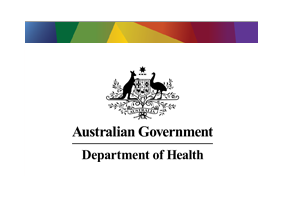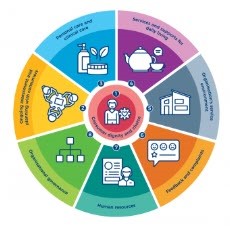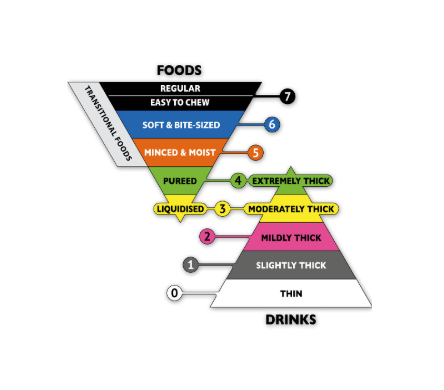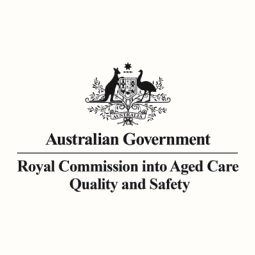The Royal Commission into Aged Care Quality and Safety released its forth Background Paper as part of the Royal Commission’s work.
The paper, Restrictive practices in residential aged care in Australia, notes that restrictive practices can elicit concern for a number of reasons because fundamentally, they impact on the liberty and dignity of the care recipient and without consent, their use may infringe on an elderly person’s legal rights.
“The term restrictive practices refers to activities or interventions, either physical or pharmacological that have the effect of restricting a person’s free movement or ability to make decisions. Restrictive practices are commonly referred to in the context of residential aged care as practices that control the behaviour of a resident, which may occur with the intention of reducing risks to a resident or others,” the paper notes.
“Physical and chemical restraint can have significant adverse effects on a resident, both physically and psychologically. There are also fundamental questions about their effectiveness.”
The paper also notes that there is an emerging body of evidence and guidance on strategies and non-pharmacological interventions to negate or mitigate the need for restraint by managing the underlying causes of challenging behaviour. These include measures to:
• improve the environment for residents to reduce the risk of falls or confusion
• engage familiar staff, sensory stimulation and other therapies
• individualised care routines
• increased staff interaction
• comprehensive medical examination and review of medication.
Read more:
Restrictive practices in residential aged care in Australia (.docx)





